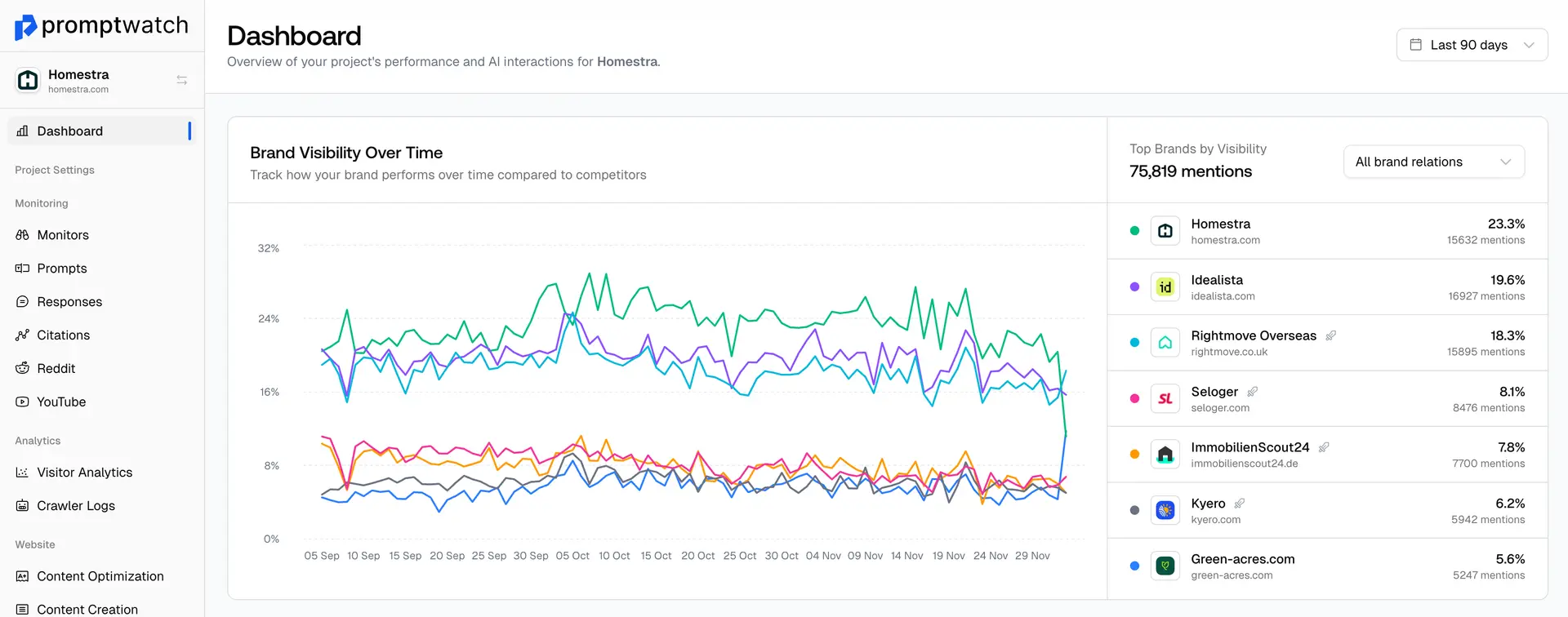Definition
Natural Language Processing (NLP) is a branch of artificial intelligence that focuses on enabling computers to understand, interpret, and generate human language in a meaningful and useful way. NLP combines computational linguistics with machine learning and deep learning models to process text and speech data.
Key NLP capabilities include: • Language translation • Sentiment analysis • Text summarization • Question answering • Content generation
Modern search engines and AI systems heavily rely on NLP to understand user queries, interpret content meaning, and generate appropriate responses. Core NLP techniques include tokenization, part-of-speech tagging, named entity recognition, sentiment analysis, semantic analysis, and language modeling.
For SEO and GEO strategies, understanding NLP is crucial because it's how AI systems interpret and categorize content. Search engines use NLP to understand the context, meaning, and relationships within content, moving beyond simple keyword matching to semantic understanding.
This means content optimization must focus on natural language patterns, contextual relevance, semantic relationships, clear communication, and comprehensive topic coverage. Modern AI models like BERT, GPT, and Gemini represent advanced applications of NLP that can understand nuanced meaning, context, and intent, making it essential for content creators to write naturally and comprehensively rather than focusing solely on keyword density or artificial optimization techniques.
Examples of Natural Language Processing (NLP)
- Google's BERT algorithm using NLP to better understand the context of words in search queries, particularly prepositions and connecting words
- ChatGPT using advanced NLP to understand complex, multi-part questions and generate contextually appropriate responses
- A content management system using NLP to automatically categorize and tag articles based on their semantic content and topics
- An e-commerce platform using NLP for product search, allowing customers to find items using natural language descriptions rather than exact product names
